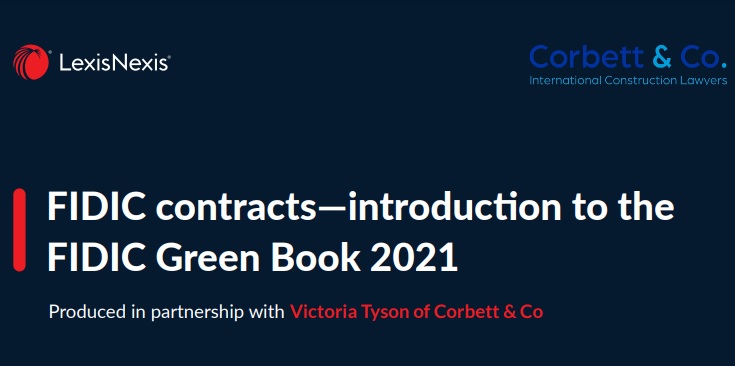FIDIC 2022 Reprints: 10 Key Areas Of Change In The FIDIC Red Book 2017
FIDIC ‘launched’ the FIDIC 2022 reprints at the FIDIC International Construction Users’ Conference 2022, in London. The reception to the changes was mixed – some embraced the clarity; others questioned the significance and cost. This article draws your attention to 10 of the key areas of change in respect of the FIDIC Red Book 2017 including the definition of Claim, matters to be agreed or determined, the definition of Dispute and Exceptional Events.







